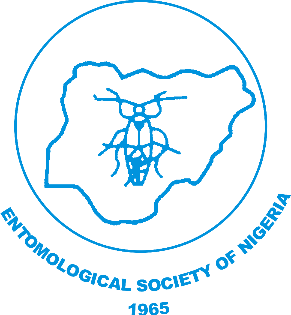papers should only be submitted to NJE for consideration once consent is given by all contributing authors. Those submitting papers should carefully check that all those whose work contributed to the paper are acknowledged as contributing authors.
The list of authors should include all those who can legitimately claim authorship. This is all those who:
- Made a substantial contribution to the concept and design, acquisition of data or analysis and interpretation of data,
- Drafted and/or revised the article it critically for important intellectual content,
- Approved the version to be published and
- Agree to be accountable for all aspects of the work in ensuring that questions related to the accuracy or integrity of any part of the work are appropriately investigated and resolved.
Authors should meet all the conditions listed above. Each author should have participated sufficiently in the work to take public responsibility for appropriate portions of the content.
When a large, multicentre group has conducted the work, the group should indicate the individuals who accept direct responsibility for the manuscript. These individuals should fully meet the criteria for authorship.
Corresponding author
The corresponding author is the individual who takes primary responsibility for communication with the journal during the manuscript submission, peer review, and publication process, and typically ensures that all the journal’s administrative requirements, such as providing details of authorship, ethics committee approval, clinical trial registration documentation, and gathering conflict of interest forms and statements, are properly completed, although these duties may be delegated to one or more co-authors.
The corresponding author is the person who underwrite the publishing agreement on behalf of all of the authors and whose contact details are included on the article. They should be available after publication to respond to critiques of the work and cooperate with any requests from the journal for data or additional information should questions about the paper arise after publication.
Plagiarism
NJE takes issues of copyright infringement, plagiarism or other breaches of best practice in publication very seriously. We seek to protect the rights of our authors and we always investigate claims of plagiarism or misuse of published articles. Equally, we seek to protect the reputation of the journal against malpractice. Submitted articles may be checked with duplication-checking software. Where an article, for example, is found to have plagiarised other work or included third-party copyright material without permission or with insufficient acknowledgement, or where the authorship of the article is contested, we reserve the right to take action including, but not limited to: publishing an erratum or corrigendum (correction); retracting the article; taking up the matter with the head of department or dean of the author’s institution and/or relevant academic bodies or societies; or taking appropriate legal action.
